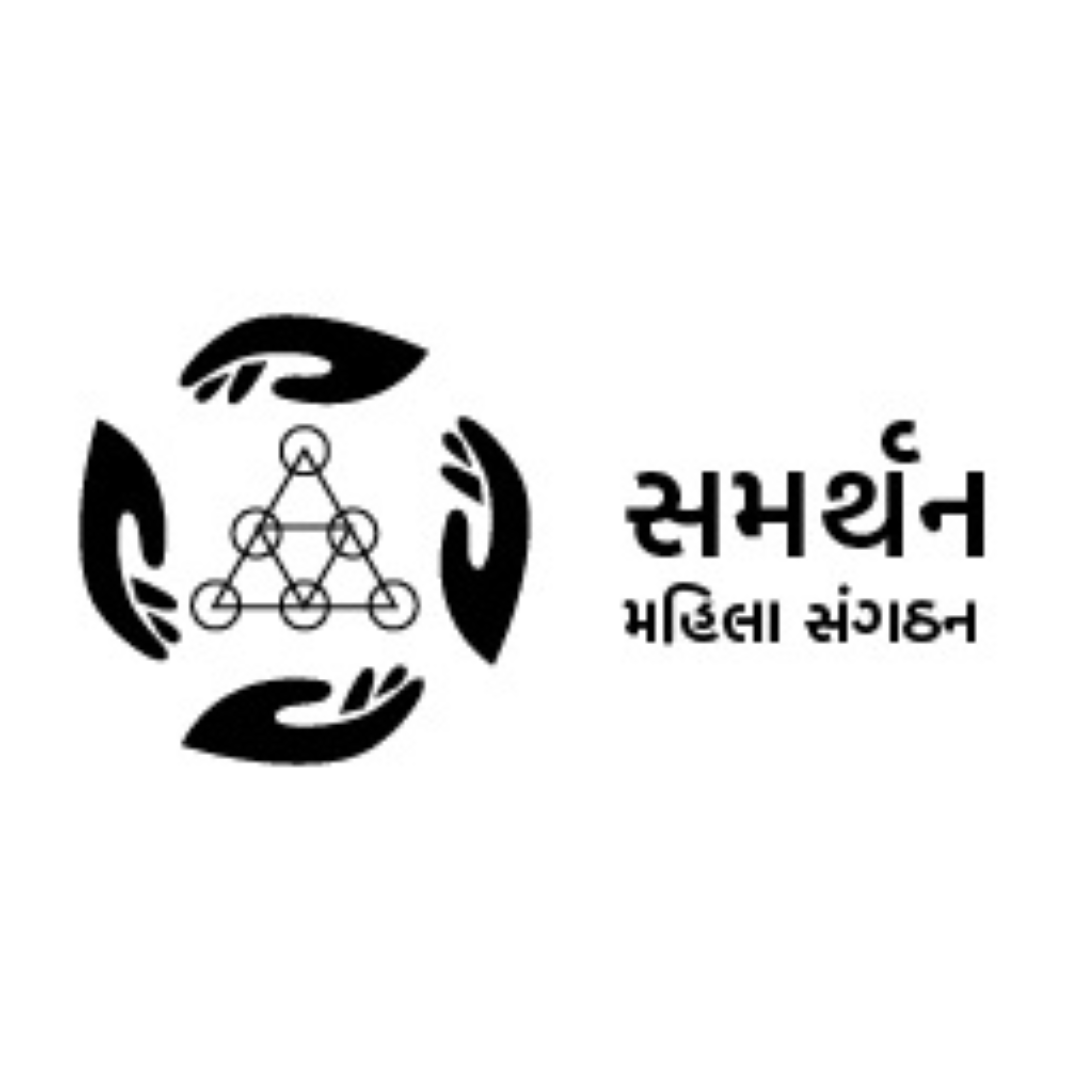Samarthan Mahila Sangathan, Bhavnagar, Gujarat - 380000
Advance Participation in Governance & Planning
Why we need women's participation in local governance?
Enabling women to engage in local governance is key to building fairer, more resilient communities. Their unique perspectives—as caregivers, entrepreneurs, and changemakers—ensure that governance decisions reflect ground realities. When women are present in decision-making spaces, public services tend to improve, transparency increases, and community needs are better prioritized. Evidence shows that women's leadership often leads to greater investments in education, healthcare, water, and sanitation—areas critical to a community’s overall well-being. Empowering women to participate isn’t just about inclusion; it’s essential for creating just, effective, and future-ready local governance.
Our Approach
To strengthen women’s roles in local decision-making, we partner with Gram Panchayats and focus on three key areas:
- Skill Building – Tailored training programs that enhance knowledge, confidence, and capacity.
- Leadership Promotion – Mentorship and support systems for emerging women leaders.
- Advocacy – Awareness campaigns promoting inclusive governance and gender-responsive policies.
.jpg)
Our Interventions
Our commitment to empowering women in rural governance goes beyond basic leadership training. We design targeted interventions to address key challenges and enhance women’s roles in local decision-making:
1. Bridging the Knowledge Gap
- Thematic workshops on governance issues like water, sanitation, and livelihoods, with participation from government officials.
- Localized information materials on schemes, Panchayat budgets, and citizen rights, shared via SHGs, community meetings, and mobile apps.
2. Building Capacity for Effective Participation
- Mock Panchayat sessions to practice public speaking, problem-solving, and policy debate.
- Training in budget analysis and advocacy to influence gender-responsive resource allocation.
3. Fostering Collaboration and Accountability
- Community monitoring systems led by SHG women and residents to track project outcomes and ensure transparency.
- Regular feedback mechanisms to hold Panchayats accountable and improve implementation.
4. Leveraging Technology for Advocacy and Empowerment
- Social media campaigns sharing rural women's governance challenges and success stories.
- Promotion of e-governance platforms in Gujarati to improve access to information and grievance redressal.
5. Addressing Social Norms and Power Dynamics
- Gender sensitization workshops for women, men, and Panchayat officials to challenge biases and promote inclusion.
- Leadership workshops for husbands and families to foster supportive home environments for women leaders.
